
Coast Live Oak (Quercus agrifolia) Norman Herr, Ph.D.
Coast live oak is a widespread, ecologically valuable species in the coastal portions of California, yet the integrity of the oak-dominated ecosystems is in jeopardy from introduced pests, pathogens and drought. Fire also plays a role in over-story canopy loss, but often coast live oak will resprouts post-

Coast Live Oak Nature's Best Don Smith Photography
Coast Live Oak Quercus agrifolia. A keystone coastal California native evergreen tree with a broad, sporadically branching, dense canopy of leathery, dark green, sharply-toothed leaves. Smooth, dark gray bark becomes furrowed and deeply fissured on older specimens, highlighted by the shedding of old leaves during spring. Discrete female flowers.

West Coast Live Oak Trees for Sale
Propagation of coast live oak is highly successful by direct seeding at the beginning of winter. Once a site is chosen, prepare holes that are 10 inches in diameter and 4 to 5 inches deep. One gram of a slow-release fertilizer should be placed in the bottom and covered by a small amount of soil. Place 6 to 10 acorns in each hole at a depth of 1.
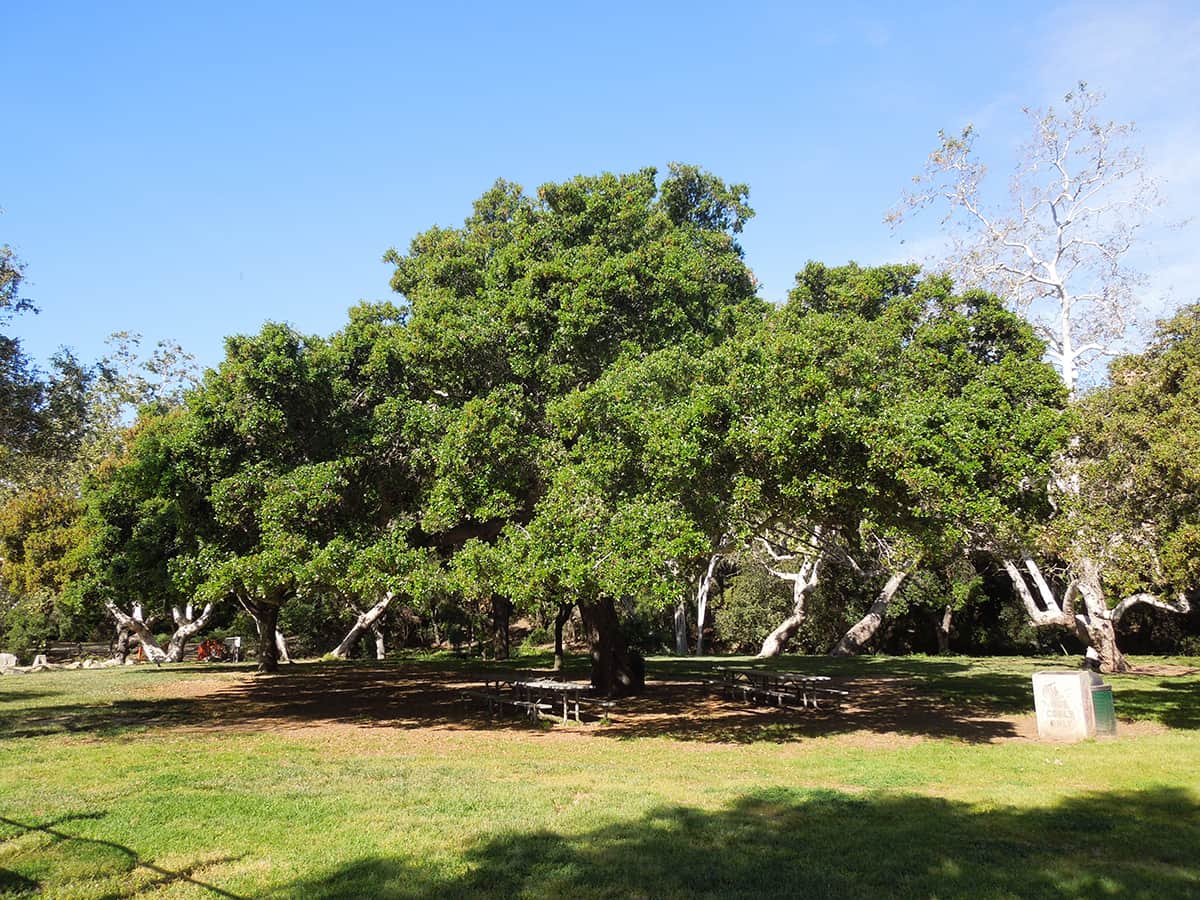
Coast Live Oak Santa Barbara Beautiful
Ecological notes: -Coast Live Oak uses a deep taproot system that is commonly partnered with water-uptake-aiding soil fungi (mycorrhizae). -Most acorns are dropped in fall, but some are dropped in spring to help avoid consumption by birds and squirrels. -Acorns usually germinate 15-50 days after falling (no dormancy requirement).

The Coast Live Oak Tree pics
The Coast Live Oak is a beautiful evergreen oak that grows predominantly west of the central valleys, as far north as Mendocino County, and as far south as northern Baja California in Mexico. The Coast Live Oak is one of the only California native oak that actually thrives in the coastal environment, although it is rare on the immediate shore.
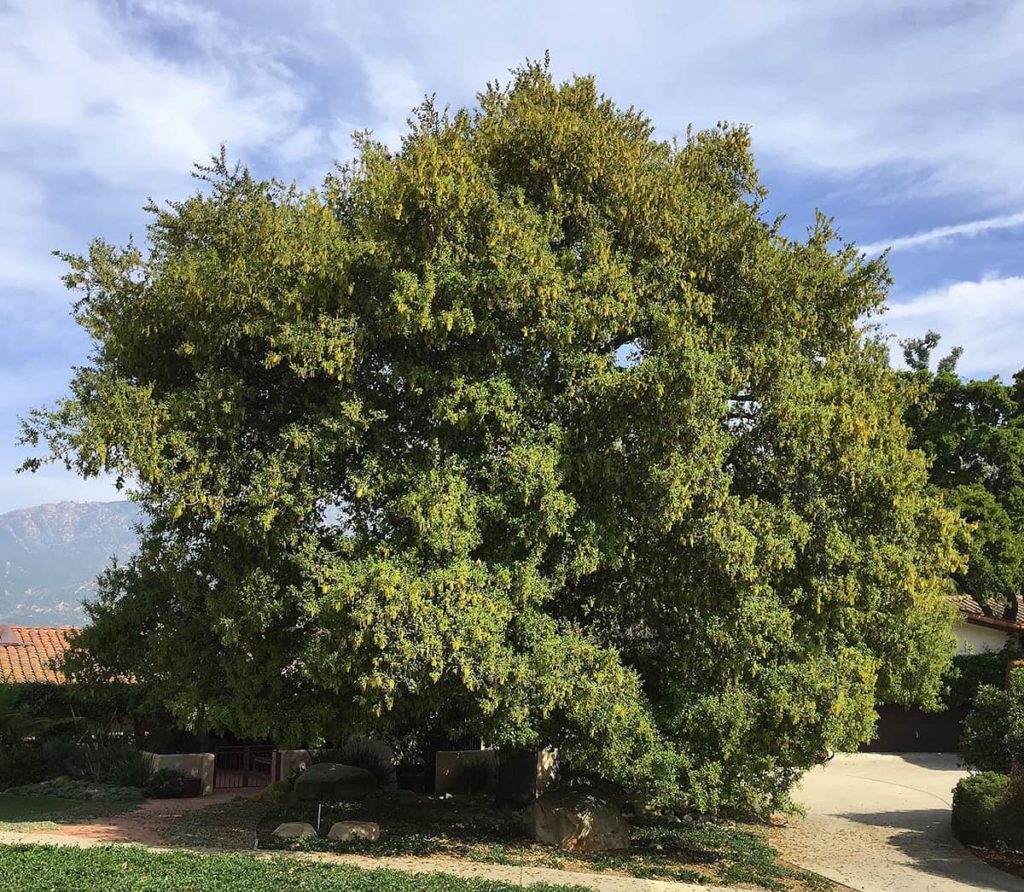
Coast Live Oak Santa Barbara Beautiful
Quercus agrifolia, the California live oak, or coast live oak, is a highly variable, often evergreen oak tree, a type of live oak, native to the California Floristic Province.It may be shrubby, depending on age and growing location, but is generally a medium-sized tree. It grows west of the Sierra Nevada mountain range from Mendocino County, California, south to northern Baja California in Mexico.
Trees of Santa Cruz County Quercus agrifolia Coast Live Oak
The underside of coast live oak leaves often have distinctive white tufts on the center axis. "Live" oak means evergreen, as opposed to our deciduous valley, black, and blue oaks. More technically, we have three tree-sized live oaks in the Bay Area: coast live oak, interior live oak, and canyon live oak.
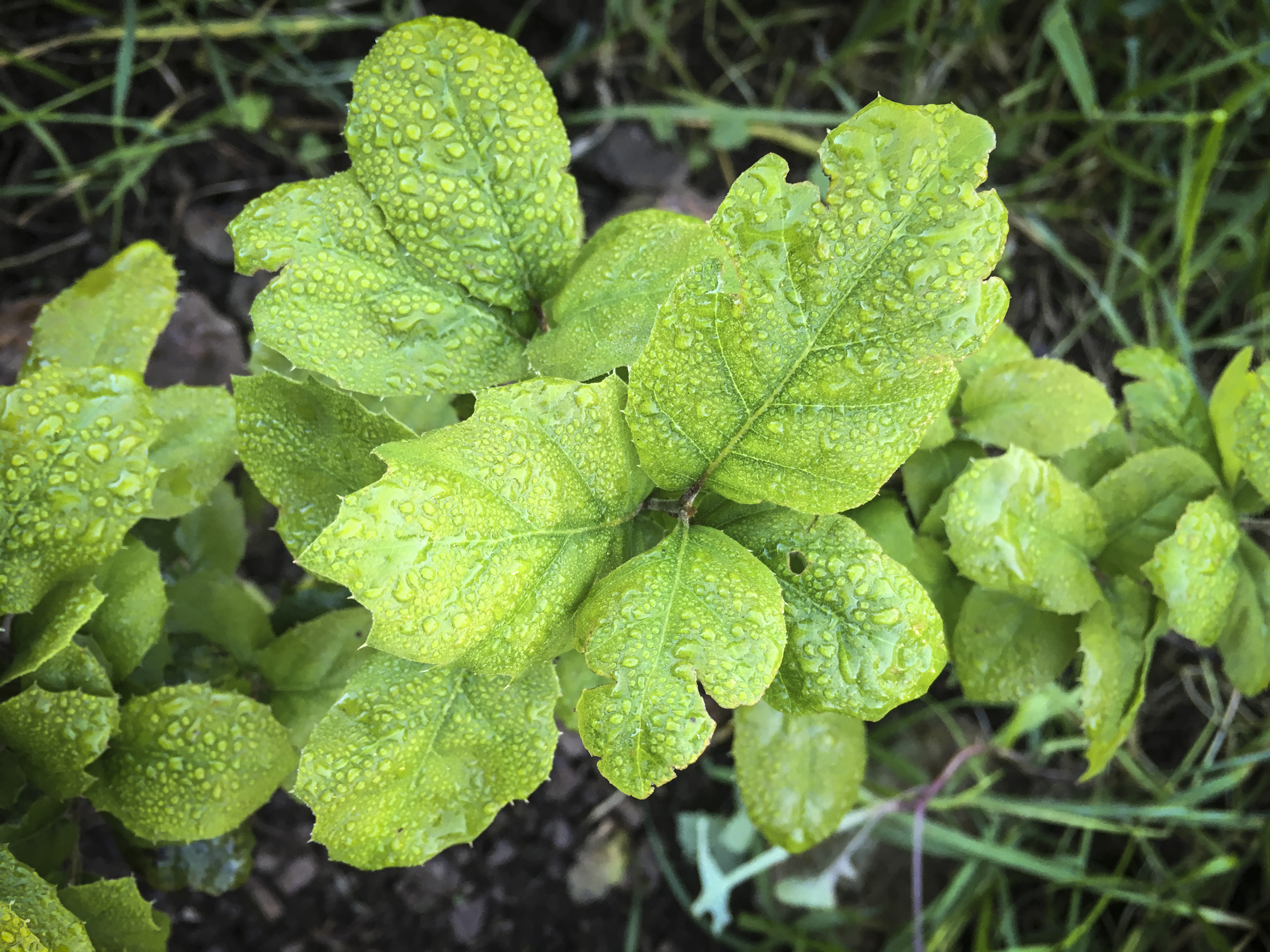
Coast Live Oak Backyard Roots Page 2
Coast live oak seedlings and saplings less than 3 inches (7.6 cm) in diameter may be top-killed by low- to moderate-severity fire, and severe fire kills trees of this size [46,122,128,129,151]. Because of vascular cambium protection, mature trees have high fire survival rates, even with crown fire. Heavily charred bark has a checkered.
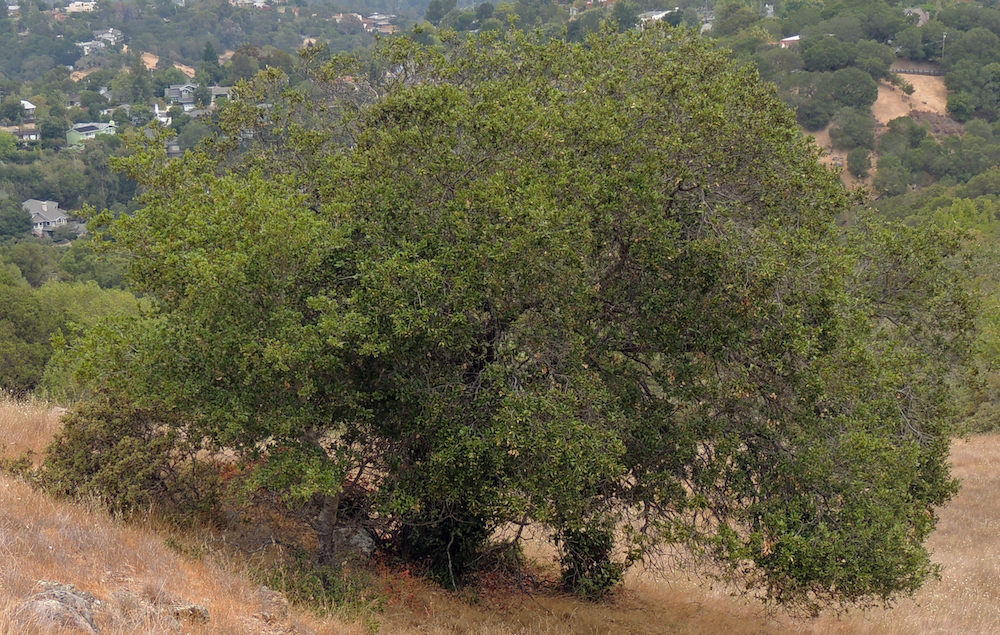
Coast Live Oak
This American classic and California Native is called Quercus agrifolia, or commonly known as the Coast Live Oak. While called Coast Live Oak, this tree is rarely found near the ocean and prefers the heat of inland temperatures with the benefits of coastal proximity. Quercus agrifolia is a slow-growing multi-branch tree that can live hundreds.
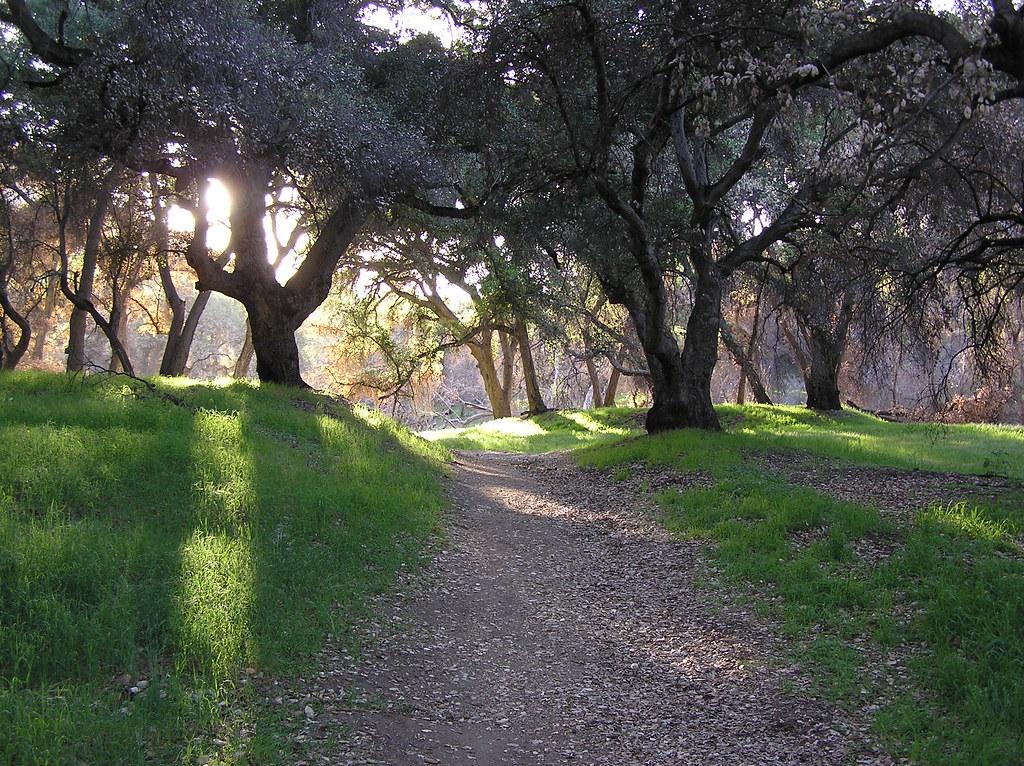
Coast Live Oak Woodland Coast Live Oak (Quercus agrifolia)… Flickr
A winter weather system moving through the U.S. is expected to wallop the East Coast this weekend, Saturday, Jan. 6, 2024, into Sunday, Jan. 7, with a mix of snow and freezing rain from the.

West Coast Live Oak Trees for Sale
Culture for Coast Live Oak. Performs best in rocky well-drained soils, often found in proximity to California bay laurel in moist areas and Valley oak in drier plains and hillsides. Drought tolerant, though may need some summer irrigation during very dry years. Most often multi-stemmed, younger trees are very dense and bushy in appearance while.

Coast Live Oak Death of a Million Trees
The Coast Live Oak flowers each spring and its acorns attract a wide variety of birds and butterflies - over 270 species rely on these trees for habitat and food. With its rich green foliage and unique branching pattern, the Coast Live Oak is a favored choice for both residential and commercial landscapes. These resilient trees can live for.
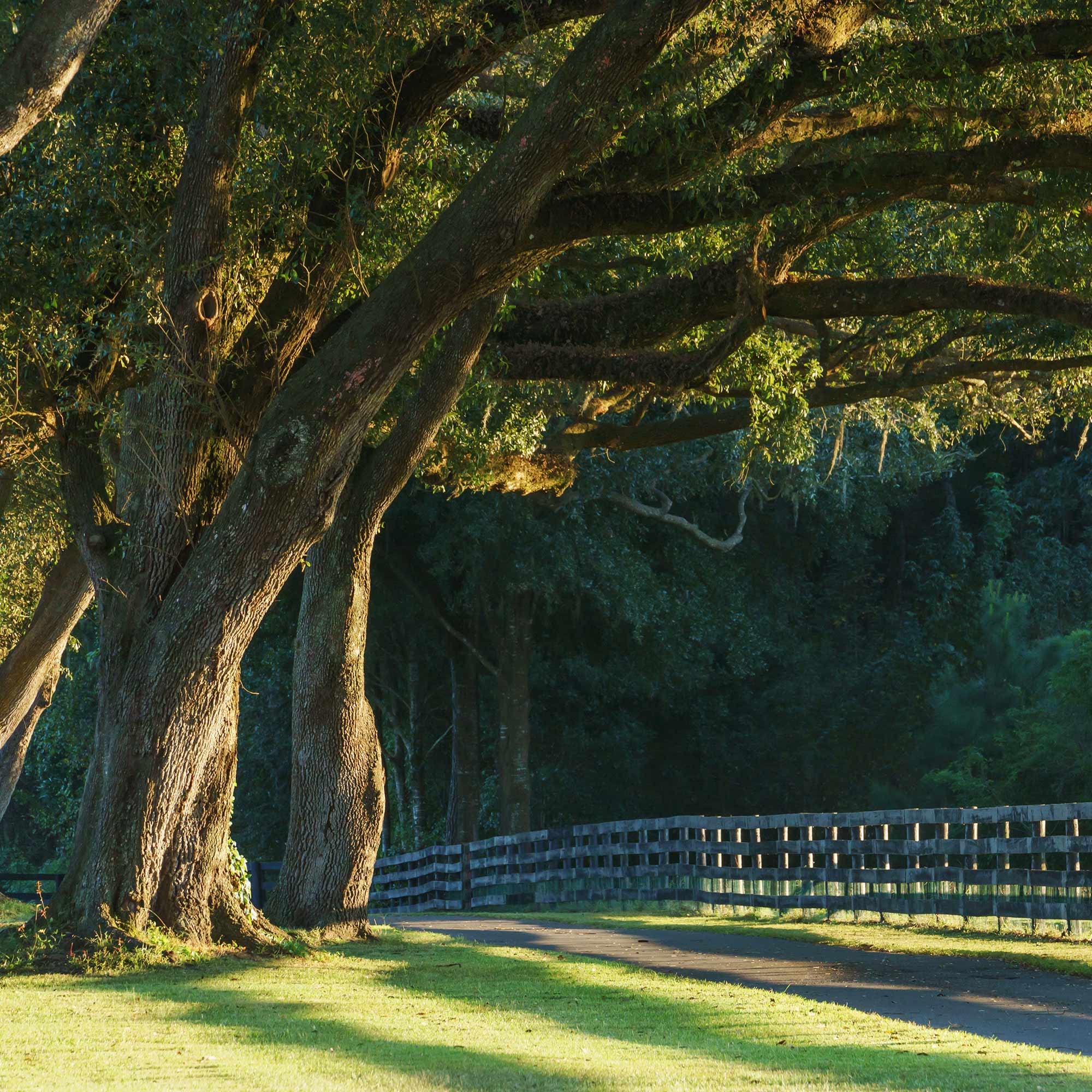
Quercus agrifolia Coast Live Oak Western Star Nurseries
The coast live oak (not to be confused with the live oak Q. virginiana of the Southern United States) has tough convex leaves 1 to 2 inches long with a few spiny teeth along the margin (the reference to holly in the name) and tufts of hair on the undersides, where the secondary veins branch from the main vein. In spring the oaks liberate great.

Coast Live Oak Refugio II
The coast live oak ( Quercus agrifolia) is presently native to a narrow band of coastal California from Mendocino southward to northwestern Baja. Coast live oak hybridizes with at least five other related oaks, a family of trees typically referred to as the California black oaks. Confusingly variable hybrids can be found throughout the native.

Coast Live Oak Multitrunk — Green Acres Nursery & Supply
Coast live oak is the only California native oak that actually thrives in the coastal environment, although it is rare on the immediate shore; it enjoys the mild winter and summer climate afforded by ocean proximity, and it is somewhat tolerant of aerosol-borne sea salt. The coastal fog supplies further buffering from the rainless California.

Coast Live Oak Golden Gate National Parks Conservancy
A beautiful California native, Quercus agrifolia (Coast Live Oak) is a large evergreen tree adorned with a short, stout trunk and a dense, broadly rounded crown. Its crooked, spreading branches are clothed with leathery, oval, convex, holly-like, dark green leaves, 1-3 in. long (2-7 cm). Most of its old leaves drop in early spring. Flowers are produced in spring: the male flowers are pendulous.